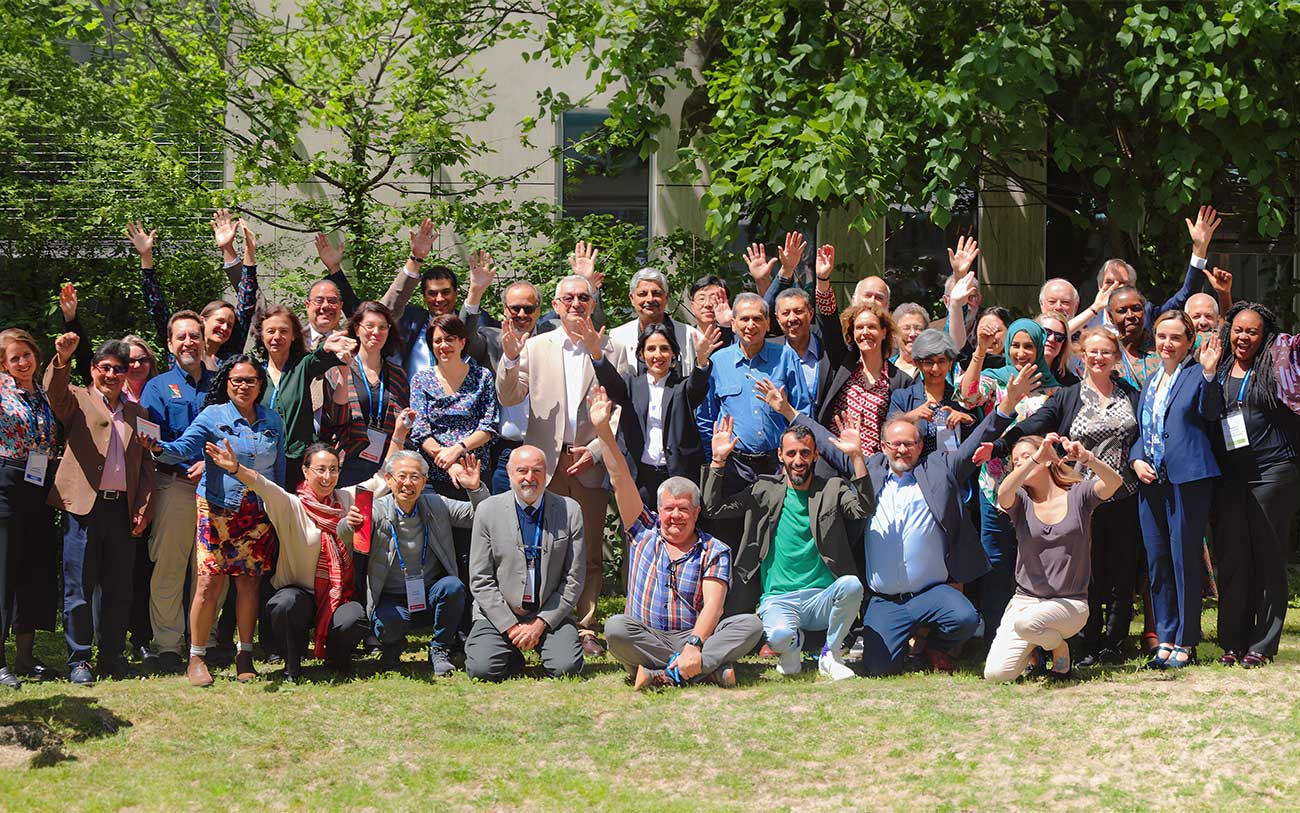Razan Al Mubarak, President of the International Union for Conservation of Nature (IUCN), convened the 109th IUCN Council Meeting held in Gland, Switzerland on 23 May 2023. Ms. Al Mubarak, who has been at the forefront of important environmental initiatives, is the second woman and the first representative from the Arab world to lead the organization.
In her statement, Ms. Al Mubarak emphasized the urgency of addressing climate change's impact on species:
“It is already a fact that species are going extinct as a direct result of climate change. Rising greenhouse gas levels and their adverse effects are putting additional pressure on thousands of species on the IUCN Red List of Threatened Species. At the same time, natural ecosystems provide key services that can help address the climate challenge. They store carbon and protect people from the worst effects of climate hazards like sea-level rise, flooding, heatwaves and droughts.”
The IUCN is one of the main proponents of the idea that nature-based solutions are a key part of the effort to keep global warming well below the threshold of 2°C above pre-industrial levels agreed through the UN framework. Besides reducing emissions, nature-based solutions – like dealing with deforestation, restoring ecosystems and improving farm management – will also reinforce adaptation measures as humanity deals with some inevitable climate change impacts.
Ms. Al Mubarak, who also serves as UN Climate Change High-Level Champion, focused on integrating nature and biodiversity conservation into the agenda for the upcoming COP28 UAE, scheduled to take place at Expo City Dubai from 30 November to 12 December 2023.
In the UAE, Ms. Al Mubarak, who is also the Managing Director of the Environment Agency – Abu Dhabi and the Mohamed bin Zayed Species Conservation Fund, has been an active champion of the idea that restoring natural habitats is not only good for biodiversity but for climate and livelihoods, too.
